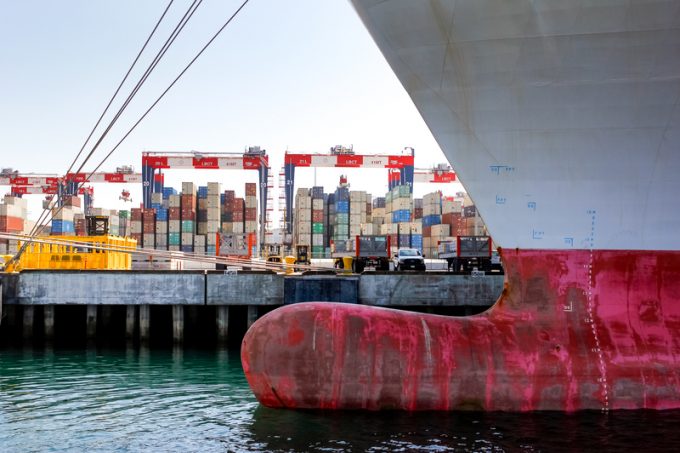Hauliers add surcharge for collections from congested London Gateway
Container haulage firms serving London Gateway in the UK have begun to introduce a £150 ...

UPDATED 22 NOVEMBER TO REFLECT THAT THE SOURCE WAS A WHITE HOUSE BLOG, NOT AGTRANS.
The White House has called on authorities to impose greater scrutiny on shipping alliances and the behaviour of shipping lines during the pandemic.
“Today a system of global alliances dominates global shipping, ...


Comment on this article